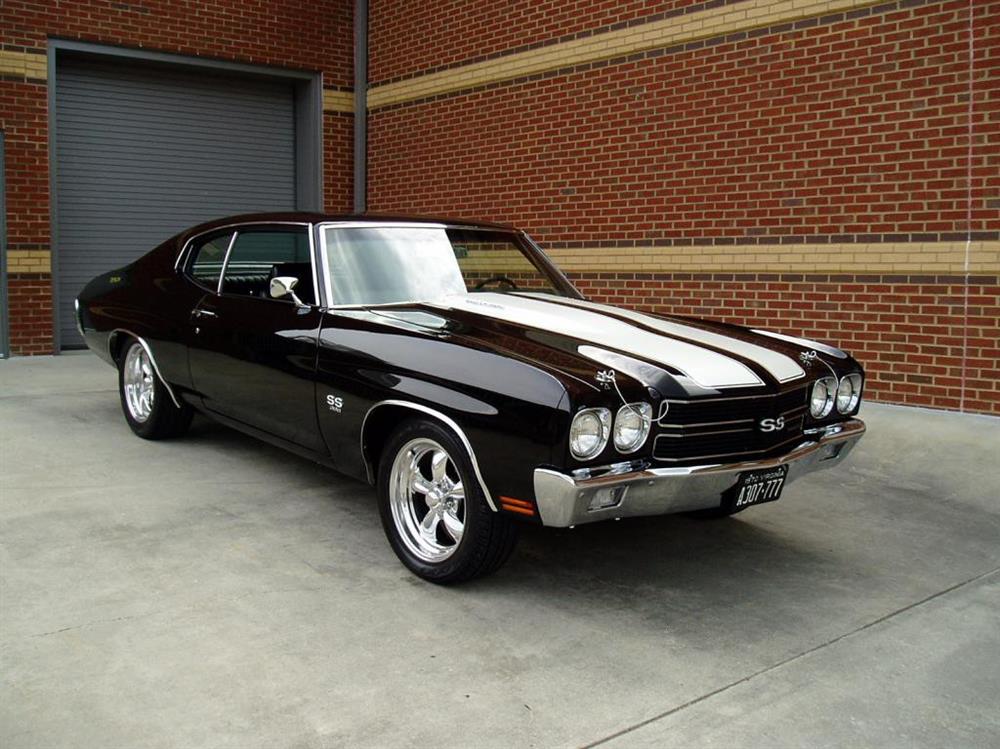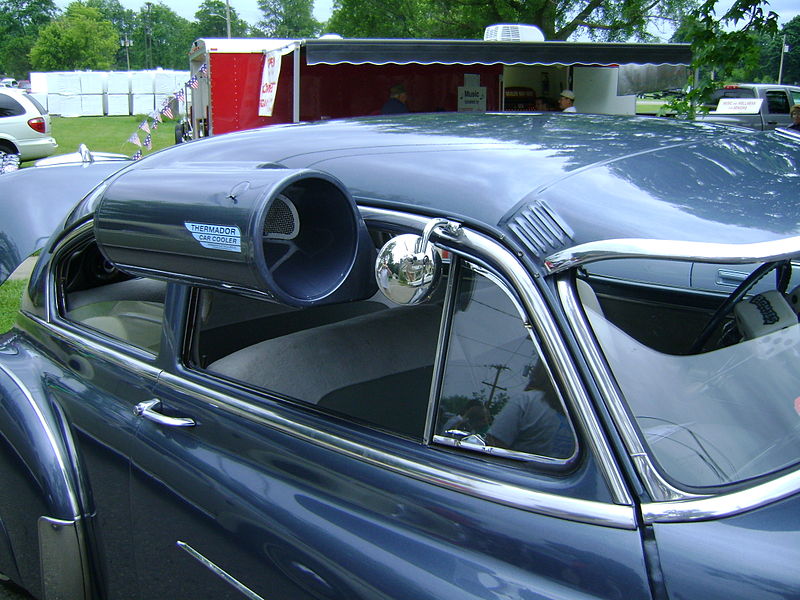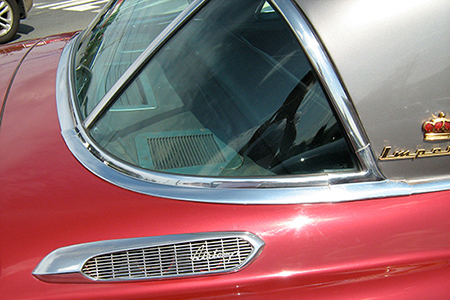We’re based in the sunshine state, so our average climate doesn’t exactly help classic cars’ air conditions. Apart from performing routine maintenance on your classic’s AC, one preventative measure to keep it performing its best is tinting its windows.
You have control over the tint’s shade and UV blockage. Not only that, but your options are almost limitless. You can save money and apply the tint yourself, or you can find a local shop to do it for you.
One issue people find with tinting a classic’s windows is that it’s essentially a modification. Some feel that any changes such as altering the factory glass take some of the originality out of the car. However, if done correctly, tinting is temporary and can be removed at any time.
If you’re still not on board, consider this: your classic’s AC is precious, especially if it’s original. Therefore, it needs any help it can get to stay functional. The biggest advantage with window tints is that the film can block anywhere from 35-65 % of heat from building up in the car. You can decrease both fuel consumption and AC wear, ultimately putting a lot less stress on it. Plus, installing window tints protects your investment, blocks up to 99% unhealthy UV rays that harm your skin and upholstery, and hinders windshield glare from sunlight and headlights. Classic car guru and enthusiast Andrew Golseth gives his views on tinting classic windows here.
We personally recommend ceramic window tint. It’s completely metal-free so in addition to 99% UV protection, glare control, and heat rejection, it won’t interfere with any of your electronics. Its nano-ceramic technology is also customizable; you have a range of different charcoal shades to choose from that pairs best with your classic.
Applying a tint specifically to the windshield is legal in most states, but we recommend you check out your local laws to be on the safe side.



